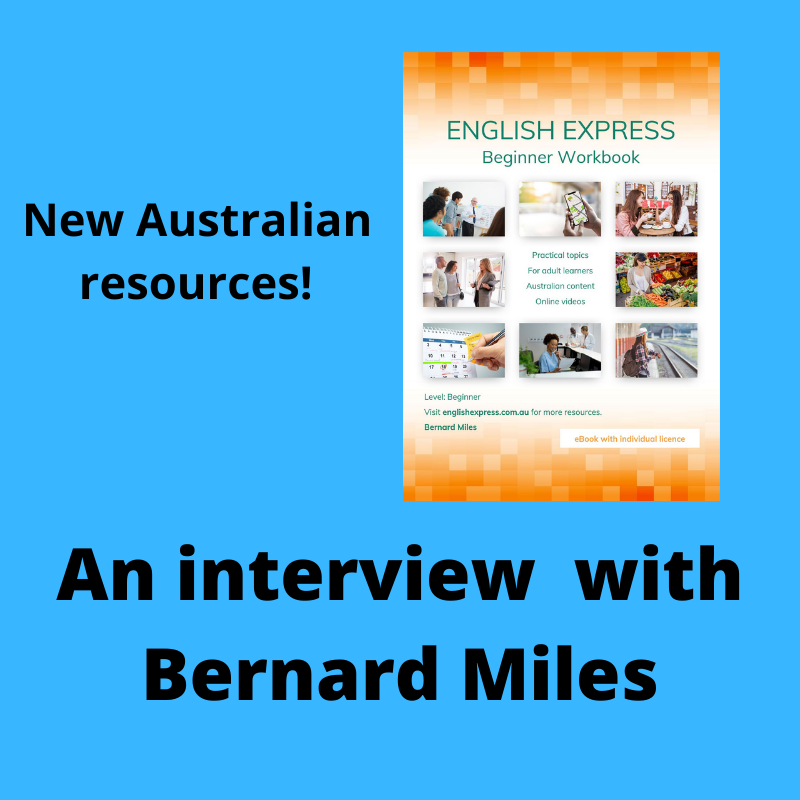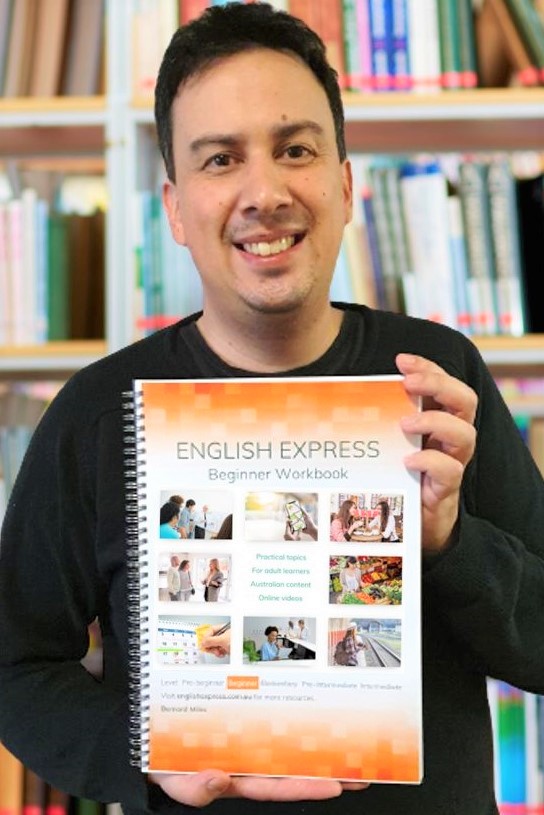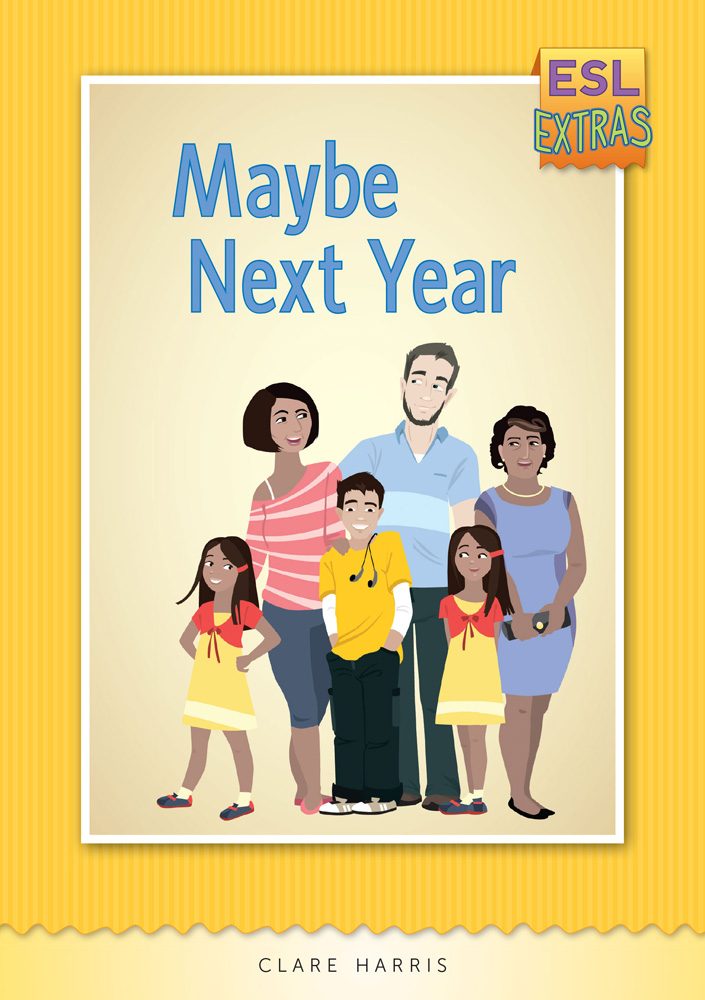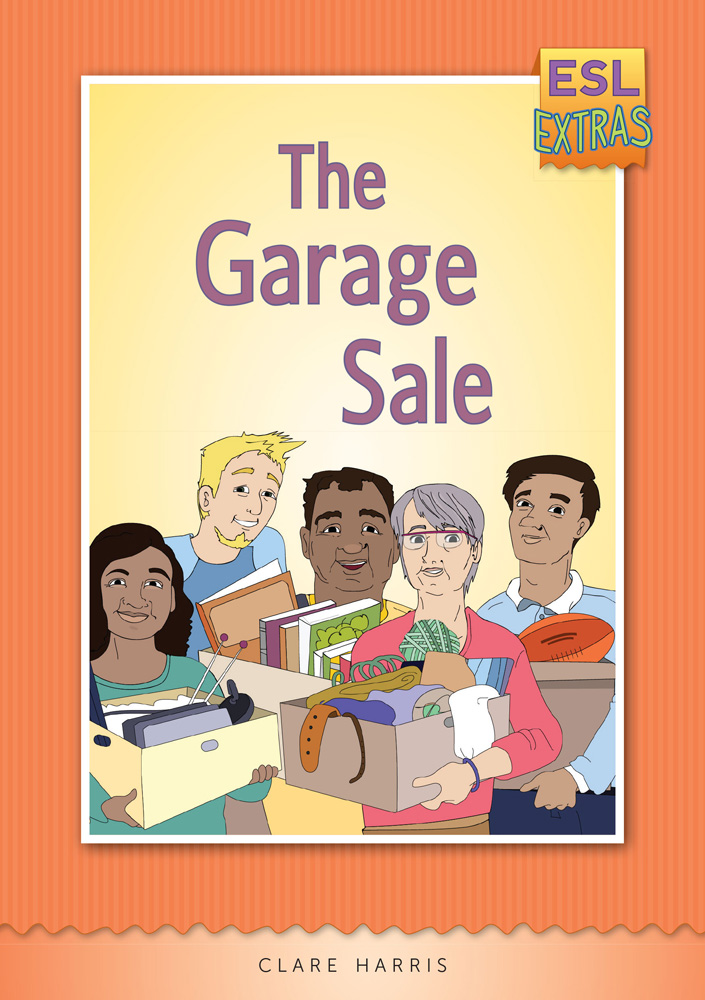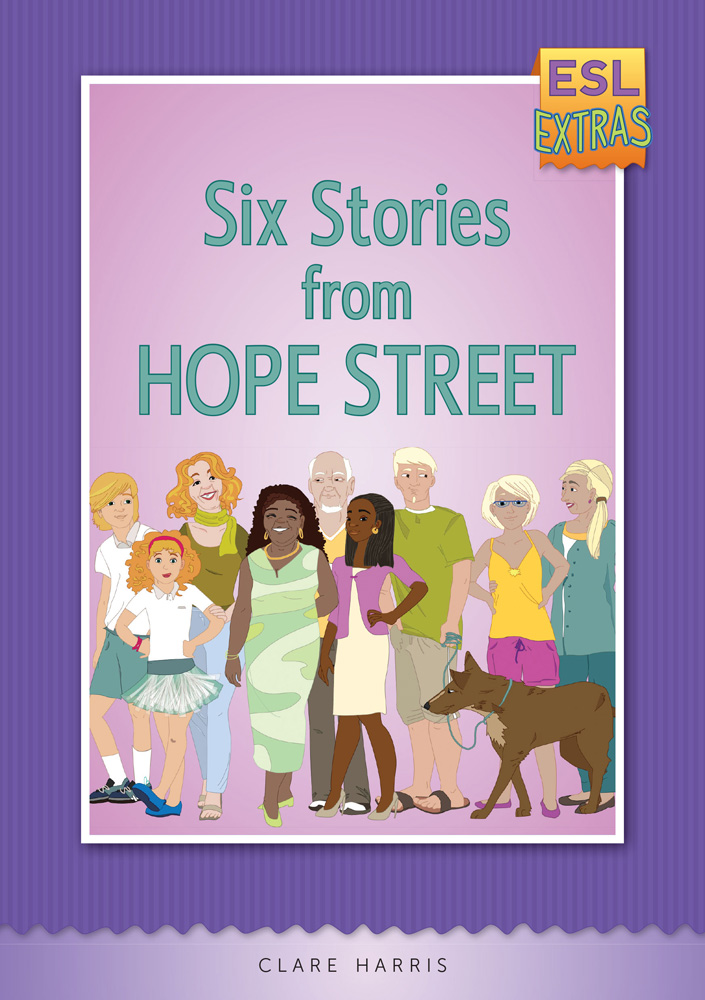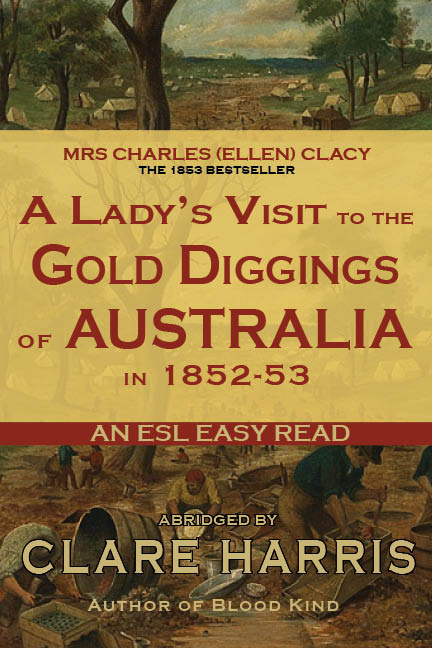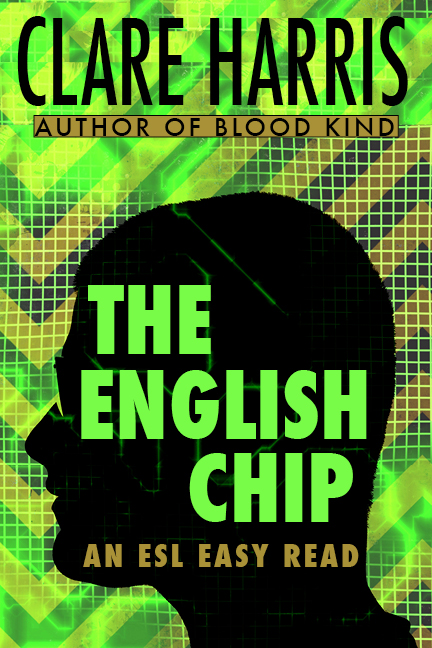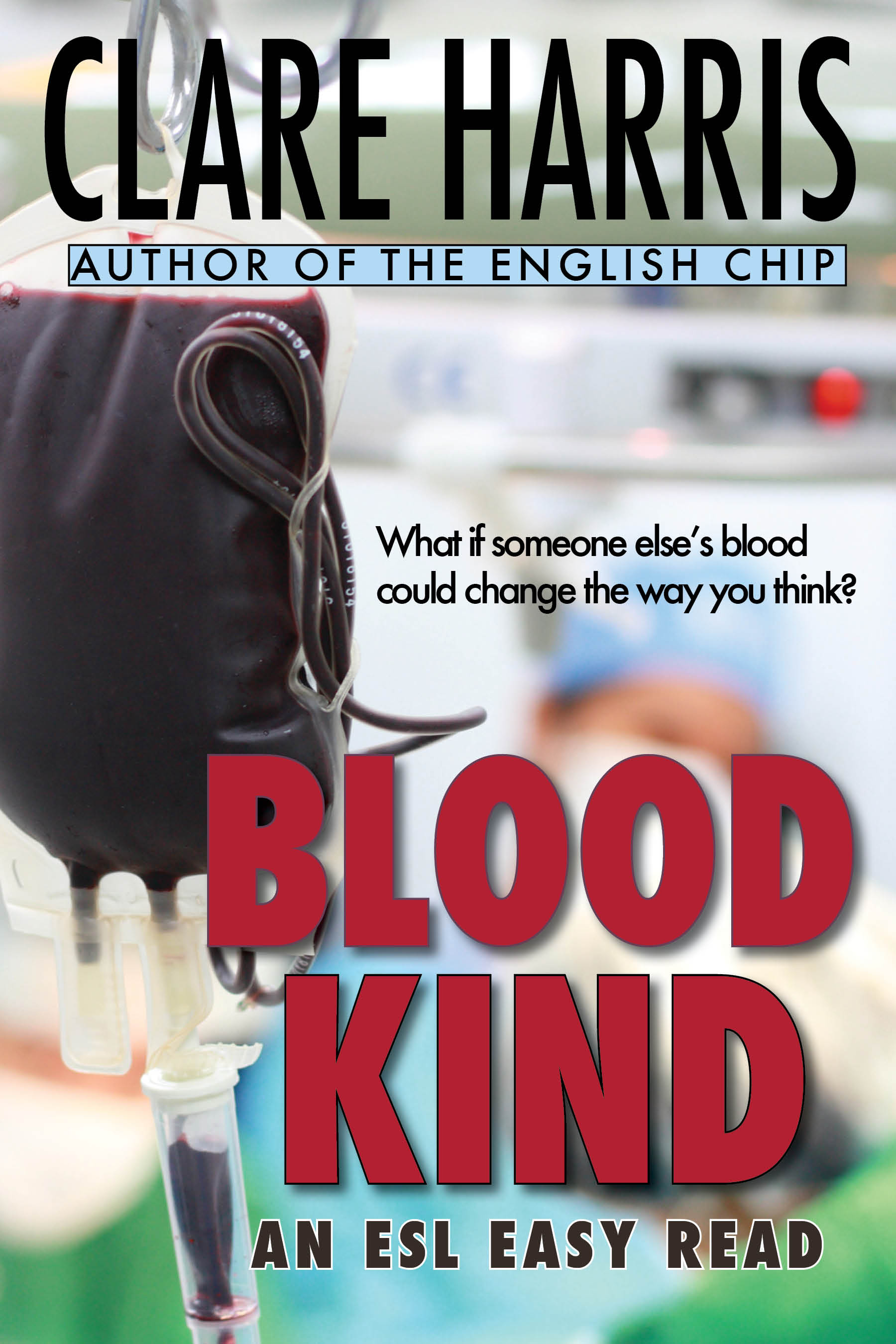I was excited to hear that Bernard Miles had finished his English Express Beginner Workbook – and that it’s in eBook format, printable, but also ready for any teaching online that we may ever have to do. It’s so gloriously visual and even comes with animated videos. (I can’t imagine how much work that has been.) I asked Bernard to share a bit of the background to this project. If you want to take a look at the workbook, there are sample lessons – plus a whole free chapter – online.
Bernard, tell us about yourself. Where do you work?
I’m in Sydney, currently working as a freelance learning designer, doing some work in the areas of adult language/literacy and vocational training. I worked in the SEE Program (Skills for Education and Employment) for 11 years as a trainer and instructional designer. After that, I worked with an ELICOS college to develop some new courses for international students.
I also spent time developing vocational assessments, mostly in the area of Community Services. So I haven’t actually stood in front of a class for a while . . . I’m probably a bit rusty.
What first made you think of creating resources?
So many reasons! It’s something I’ve been thinking about since I did my Master’s in TESOL 10 years ago. In the very first unit, we had to design our own learning materials, and I just got hooked on it. I used the materials with my students, and then after that, I found myself making my own resources for nearly every lesson.
In turn, that compelled me to apply for the instructional designer job, where I had the chance to create resources and assessment tasks every day. Since then, it’s always been on my mind to create my own book, and I had a few ideas in my head. Now that I’m working freelance, I have time in between projects to work on my own resources.
What was your goal with English Express?
I wanted to create my own resources . . . but where to start? I used to always visit Bridge Bookshop (our local ELT bookseller, which sadly closed its doors in 2020) and discussed my ideas with them. One idea was an ‘English for job-seeking’ book. But in the end, I settled on the idea of a book for beginner adults.
My wife (who is also a teacher) and I have spent a lot of time teaching this cohort, and we thought that they would benefit from a fresh new resource. In particular, I wanted to give them lots of audio input, for listening practice and also as a model for their own speaking.
When I wrote the book, I had two types of students in mind, which were adult migrants and international students. I began in early 2020 with the intention of printing hard-copy books. But when the bookshop closed down and colleges started teaching online, I decided that eBooks would be more convenient for everyone.
What’s your philosophy for teaching beginners?
Teaching beginner level has its challenges but it’s also fun and rewarding. Here are some of the ideas that informed the design of the lessons:
1) Use lots of visuals. When the meaning is clear to learners, they will be less stressed and can focus more on the language.
2) Do a lot of repetition and revision. As adults, we need a lot of exposure to something over time before it sinks in.
3) Before learners do a writing or speaking task, let them study a model text.
4) Don’t put too many limitations on them because of their level. You can introduce a difficult word or a challenging task, as long as you think it’s useful to them. You can always provide support.
Great suggestions! Now, who are these resources for?
The target students are adult migrants and international students (hopefully, if they come back to Australia). But basically, I made these resources for teachers. We spend a lot of time looking for suitable materials, planning lessons, photocopying, and so on. I just wanted to make something that’s convenient for teachers. My lessons don’t need much explanation or lengthy teacher notes. They should be quite intuitive to use.
How long has this project taken you?
It was well over a thousand hours of work, but I did it over a period of one and a half years, between other projects. There are quite a few elements to this resource – the eBook, the animated videos and the audio recordings, so it all adds up. But I didn’t consider it as a ‘job’. It was more of a self-learning project for me.
What do we get with the Workbook?
The English Express Beginner Workbook is a 192-page eBook, which includes access to more than 80 online videos. With an Individual Licence, the teacher can print or share anything from the eBook to their students, forever (well, until the day they stop teaching anyway). So, it’s similar to those ‘photocopiable’ books, but even more convenient because it’s an eBook.
And what’s in it? There are nine chapters. The first chapter is a review of basic skills, including numbers, dates, reading signs, asking for personal information and so forth. The other eight chapters are topic-based, for example ‘House Hunting’ and ‘Health’, with a range of activities covering all macroskills. But there is a stronger focus on listening and speaking. If anyone is interested in previewing the book, the website has one full chapter for free, plus excerpts from all nine chapters.
There are other free resources on the website as well. Last year, I experimented with some online asynchronous lessons, using Google Forms. I created three online units with totally free access (‘At the Café’, ‘House Hunting’ and ‘At the Market’). I suddenly got the idea to create those when we went into lockdown and students started learning online. However, I did not continue that project because unfortunately I don’t have time to create both eBooks and online learning. BUT the good news is that anyone can still access those online units.
The videos are cute! Do you have lots of experience in graphics and IT?
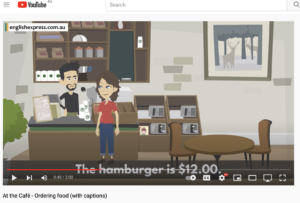 I don’t have any graphic design experience. That’s why Vyond Studio is great for me for creating the videos. They provide all the visual assets from their huge library – I just need to tell the characters where to walk and what to say. There is a bit of a learning curve, but it’s quite fun. While practising, I made a few animations for my kids.
I don’t have any graphic design experience. That’s why Vyond Studio is great for me for creating the videos. They provide all the visual assets from their huge library – I just need to tell the characters where to walk and what to say. There is a bit of a learning curve, but it’s quite fun. While practising, I made a few animations for my kids.
I love the fact it’s Australian…
When I started hanging around Bridge Bookshop on Saturday mornings, I was inspired by all the locally produced books (including yours, Clare!). But I think over the past few years the production has slowed down a lot. (True!)
My book uses all the Australian conventions, including kilos and dollars (no euros or pounds). In the ‘House Hunting’ chapter, rent is per week rather than per month. But I hope that people in other countries can enjoy the resources too. Some teachers in the USA and UK told me that they are using it in their settlement programs.
What’s next?
I have a few other books that I’ve already started on. The next one is called My Busy Day, and there are some samples on the website. But the timelines will depend on what work I have coming up. Like I said, it’s more of a hobby and self-learning project, rather than a sustainable business idea. So eventually I will be going back to my day job. Unless . . . maybe someone in the government wants to throw some funding at me?? Whatever happens, the website will be there, and I will keep posting free materials every once in a while.
Hooray! Huge congratulations and great good wishes with it all…
You can find out more at Bernard’s website: https://www.englishexpress.com.au
(And a little update: when I interviewed Bernard I had been through the resources and thought, ‘This will be perfect for my Course in EAL learners’… and now I can report that it was – they loved it!)


